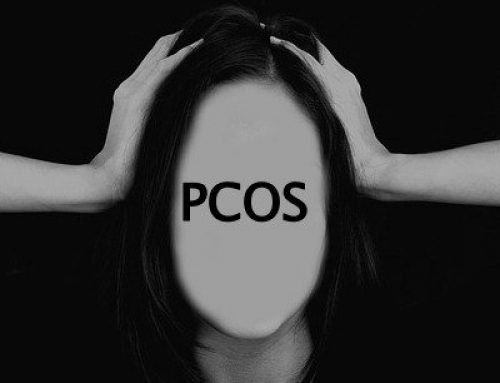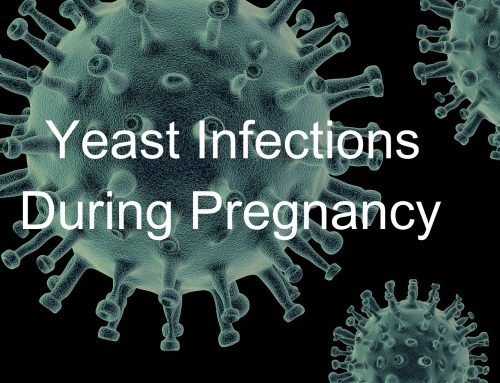Ways to Ease Fibroid Pain
Uterine Fibroids
Uterine fibroids are much more common than many of us think, and they’re present in a vast majority of women. Statistics show that at least 25 percent of all women have fibroids — and about one-third of these women will experience pain and abnormal bleeding. The typical menstrual cycle lasts for three to seven days, starts off heavy, and gets lighter. Fibroids, however, can make your periods excessively heavy and long-lasting. There are treatments to solve the problem depending on your specific case.
Pain relief
Non-steroidal anti-inflammatory drugs, or NSAIDs, may help; popular choices include ibuprofen (Motrin and others) and combination products like Excedrin. These drugs are prostaglandin inhibitors — they cut down on the pain from cramps as they counter the production of chemicals called prostaglandins, which are produced naturally by the uterus for the contraction process that starts menstruation. You may also need to take an iron supplement to prevent or correct anemia.
Hormone therapy
Although it’s not clear what causes fibroids, they do seem to be affected by changes in hormone levels, particularly estrogen. When the estrogen level is high, like during pregnancy, fibroids may grow, and when it’s in decline, like at menopause, they often shrink. So your doctor may recommend hormone therapy that alters the production of estrogen.
Birth control pills are often used to minimize the heavy bleeding and cramps that occur with fibroids, though they won’t reduce their size. Other hormone-based options to control heavy bleeding include progesterone-like injections (Depo-Provera) and an IUD that contains progesterone-like Mirena (levonorgestrel).
Another class of drug, gonadotropin-releasing hormone (GnRH) agonists such as Lupron (leuprolide), temporarily shrink fibroids. These drugs are often given before fibroids are surgically removed to reduce the risk of bleeding during surgery and to make surgery easier. In non-surgical situations, they are sometimes used to give you a break from heavy bleeding and a chance to recover from anemia. However, GnRH tricks your body into thinking you are in menopause, and it can have menopausal side effects like hot flashes and, over time, bone thinning, so it’s not a permanent solution and is typically used for less than six months.
Fibroid Specialist
Uterine fibroids can cause significant pain and discomfort that may impair a woman’s capacity to perform daily tasks or to participate in social interactions. Embry Women’s Health has Fibroid Specialists to ensure you receive proper medical care and attention. A treatment plan can be developed that can help relieve the symptoms and pain caused by uterine fibroids. Schedule an appointment today to meet with JoEllen Embry WHNP, a knowledgeable and dedicated uterine fibroid specialist.
Insurance
Embry Women’s Health is committed to providing quality, affordable health care. We’re in-network with all major insurance plans, including Aetna, Blue Cross Blue Shield, Cigna and UnitedHealthcare. No insurance? No problem. We offer a simple fee schedule for those who wish to pay out-of-pocket. Click the button below for our complete list and more information:














